I'm playing Cyberpunk 2077 for the very first time, and it's making me question everything I knew about how an RPG should look and feel
Opinion | Four years in quasi-Early Access and one DLC down, is Cyberpunk 2077 the RPG blueprint of the future?
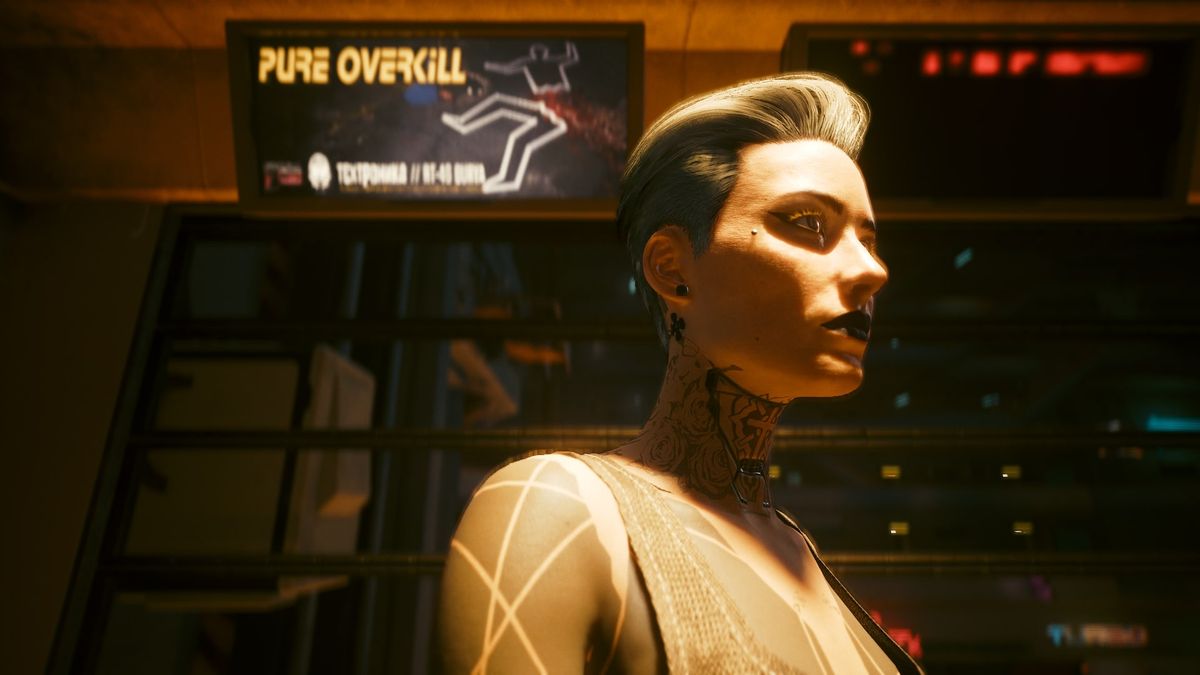
After so many years of skirting story spoilers, I'm not sure what I expected to see in Cyberpunk 2077. Having Keanu Reeves living in my brain rent-free was not one of them. The unexpected nature of it all is definitely a good thing, but even more surprising is the sheer glut of mechanics, systems, and seam-bursting lore I'm immediately confronted with.
As I shoulder-chuck my way through the packed streets of Night City, catching alarming eyefuls of butt cheeks squeezed into metallic hotpants and green mohawks aplenty, I'm struck by a sense of overwhelming muchness. Even now at a paltry ten in-games hours, I feel I barely understand how the game wants me to play it. Cyberpunk is making me re-evaluate my expectations of the best RPGs and how the genre delivers on them, primarily when it comes to gradual rollout of upgrade systems, skill trees, and the different builds they promise. If Cyberpunk represents the next generation of role-playing games, I feel I'm in for a rude (yet thrilling) awakening.
Preem-adonna girl
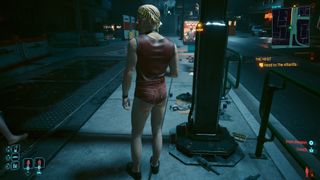

The making of Cyberpunk 2077's metro system: "a roleplaying feature first and foremost"
It's been a good few years since I played a CD Projekt Red game in full, but somehow, I was still expecting Cyberpunk 2077 to hold flavors of The Witcher 3. One of my favorite things about Geralt's third adventure is the evolution of The Continent as a map and setting, expanding in manageable, level-restricted swathes as you conquer its every nook and cranny. Cyberpunk is nothing like The Witcher, and I'm kind of mourning that fact.
That feels like a pointless comment. Based on a tabletop RPG from 1988, Cyberpunk 2077 is a first-person action-adventure set in a technicolor, neo-futuristic, cosmopolitan playground – which is about as far as you can get from the thatched cottages of Novigrad. But aesthetics and gameplay totally aside, the method and process of storytelling is what feels the most distinct.
The Witcher starts you off in a tutorial town of sorts, with White Orchard proving the perfect training ground for the swashbuckling, high-fantasy adventures ahead. Similar things can be said of Dragon's Dogma 2's early game areas, or the sandbox-esque exploratory feel of Baldur's Gate 3's entire first act. These warmup zones allow players to flex their muscles and experiment in a strange new world, all while grappling with RPG mechanics of varying levels of complexity. Conversely, I enter Night City feeling like I'm supposed to know my way around these parts like the back of my cybernetic hand already.
I'm no stranger to being pushed off the deep end – I've played Elden Ring, after all – but this is no FromSoftware game and I am not a Souls veteran. Why does everything in Cyberpunk 2077 feel like so much, so soon?
Hacked to the future

Cyberpunk's approach to the RPG is as daunting as it is daring, and I can't help but respect it for that.
Perhaps it's the long development tail that Cyberpunk 2077 has trailing behind it, but the game doesn't feel aware of how overwhelming it can be. Having undergone a series of reworks, bug fixes, and moderate to extreme mechanical changes since its initial 2020 launch, it's understandable that maybe the finer details have been glossed over, with the expectation that returning players will simply fall back in line and be grateful for the fixes. But playing Cyberpunk for the first time in 2024, the myriad differences to the expected size, scope, and feel of an RPG so early on in its runtime feels all the more glaring.
Sign up to the 12DOVE Newsletter
Weekly digests, tales from the communities you love, and more
The fact that the game stayed in development for three years post-launch is no doubt part of what makes Cyberpunk feel so mechanically broad. CDPR constantly reshaped the beast after a disappointing launch, apologizing and doing housekeeping in equal measures. But this highlights questions on the viability of post-release tinkering versus developers just waiting until a game is finished to begin with. The latter has become unfortunately common in recent years, but CDPR has found a way to benefit from its developmental snags. Given all the work that's been done on it since 2020, it's hard not to view last year's Phantom Liberty DLC as the moment Cyberpunk fully exited a period of pseudo-Early Access. As the studio calls time on Cyberpunk with its last major update, we're presented with the final product – bizarre and unwieldy as it may be to newcomers like me.
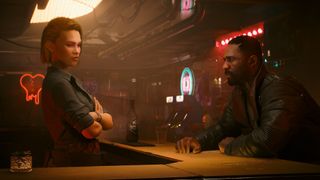
Perhaps it's the long development tail trailing behind it, but Cyberpunk doesn't feel aware of how overwhelming it can be.
Are these the markers of the RPGs of the future? As jarring as this would be to grapple with, I am glad of CDPR's commitment to all-out novelty while taking ownership of its pitfalls, making good on promises of greatness that once fell flat. Cyberpunk clearly shows that RPGs as a genre have a clear path ahead in terms of what can be innovated, adjusted, or simply thrown out of the window with a crashing thud in the name of progress. CDPR has a knack for crafting RPG mechanics that reflect the style and tone of the world in question. Geralt's mutagens are here swapped out for cyberware, allowing for detailed physiological builds to work in tandem with your chosen playstyle, which in turn is dictated by how you've invested into various skill and ability trees. I'm told that cyberware has been remodeled to represent your armor stats, too, leaving clothing items as purely cosmetic. And that's about all I understand at the moment.
Cyberpunk's approach to the RPG is as daunting as it is daring, and I can't help but respect it for that. Instead of piecemeal introductions, I get bulk. Instead of systems being withheld until they are properly explained, I'm free to puzzle through them at my leisure. It all feeds into the staggering newness of Cyberpunk as a game – not least as the first recognizably modern city-based RPG I've ever played, but as an RPG that refuses to hold your hand for pretty much any of it, leading us into a complex new future for the genre itself – even if it assumes a little too much innate knowledge on my part.
There are a host of upcoming CD Projekt Red games to get hyped for now that Cyberpunk 2077 is finally finished

Jasmine is a staff writer at 12DOVE. Raised in Hong Kong and having graduated with an English Literature degree from Queen Mary, University of London in 2017, her passion for entertainment writing has taken her from reviewing underground concerts to blogging about the intersection between horror movies and browser games. Having made the career jump from TV broadcast operations to video games journalism during the pandemic, she cut her teeth as a freelance writer with TheGamer, Gamezo, and Tech Radar Gaming before accepting a full-time role here at GamesRadar. Whether Jasmine is researching the latest in gaming litigation for a news piece, writing how-to guides for The Sims 4, or extolling the necessity of a Resident Evil: CODE Veronica remake, you'll probably find her listening to metalcore at the same time.
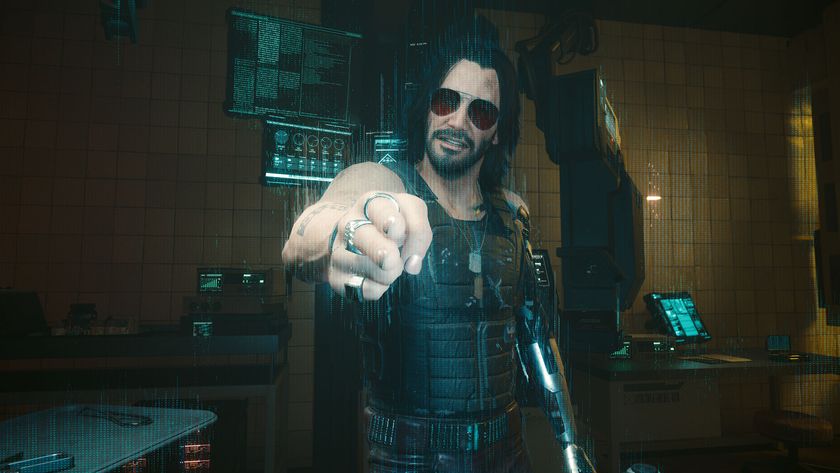
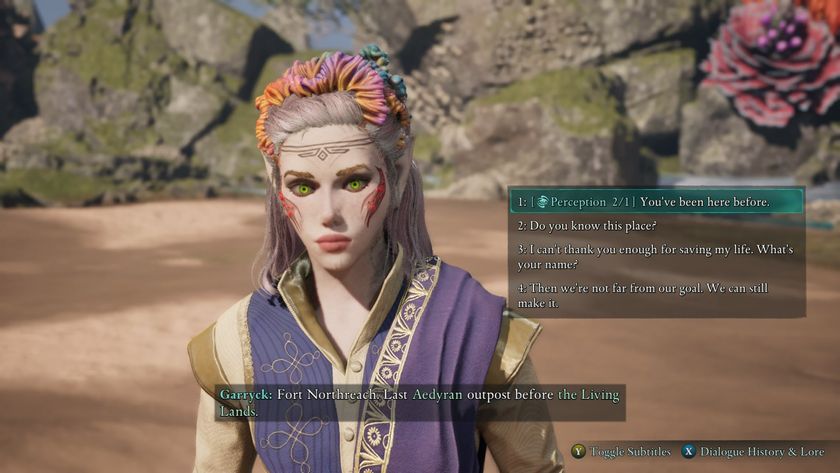
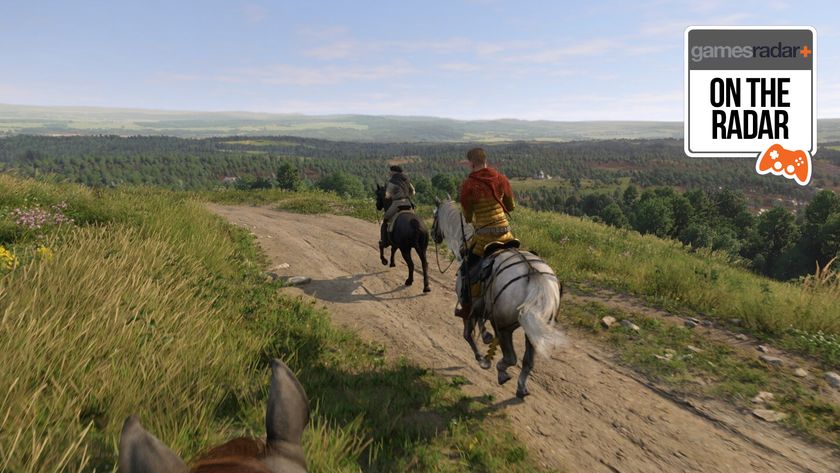
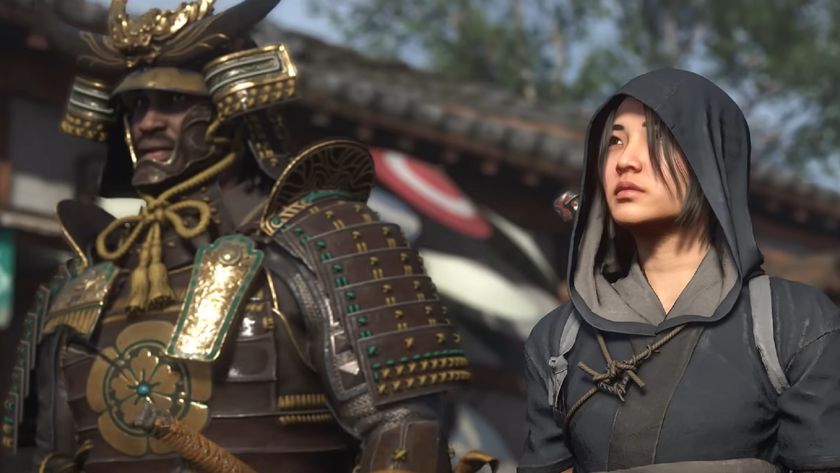
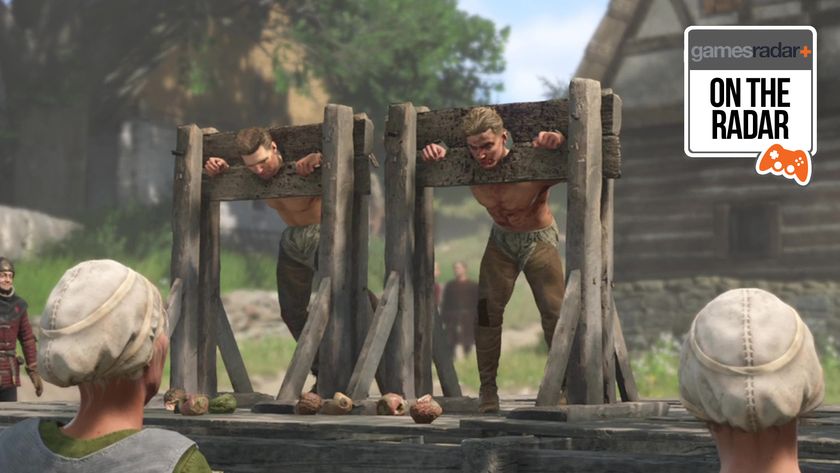
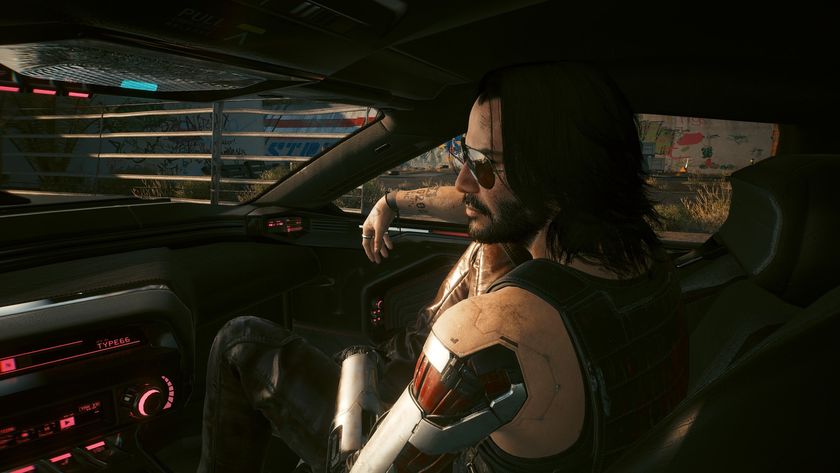
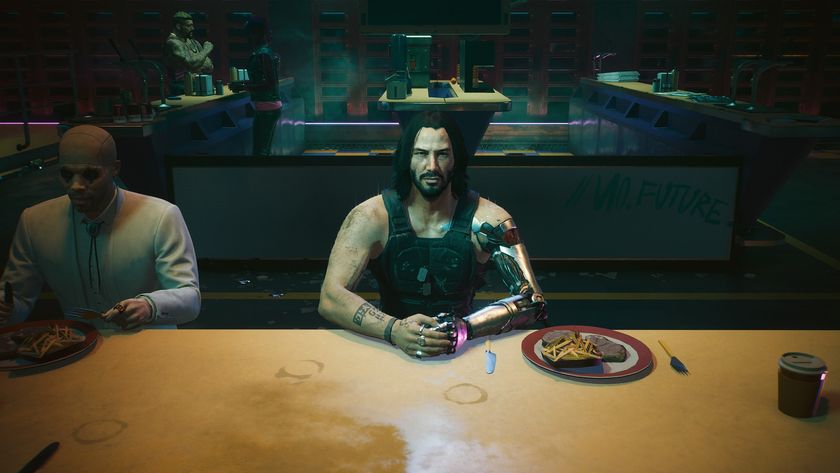
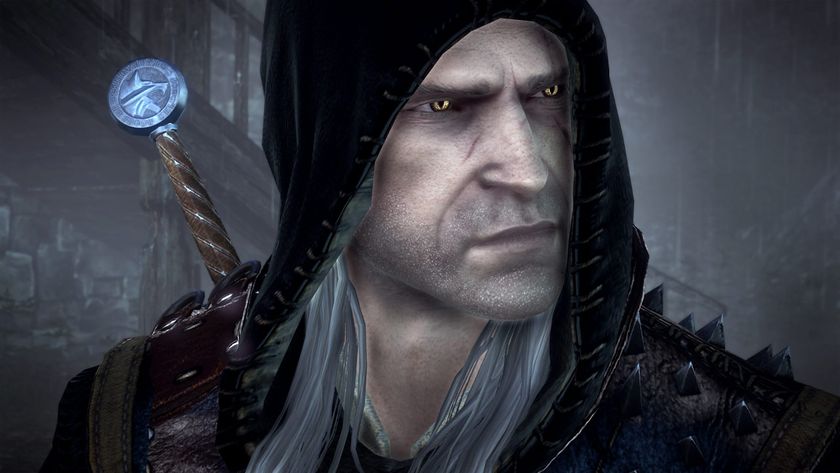
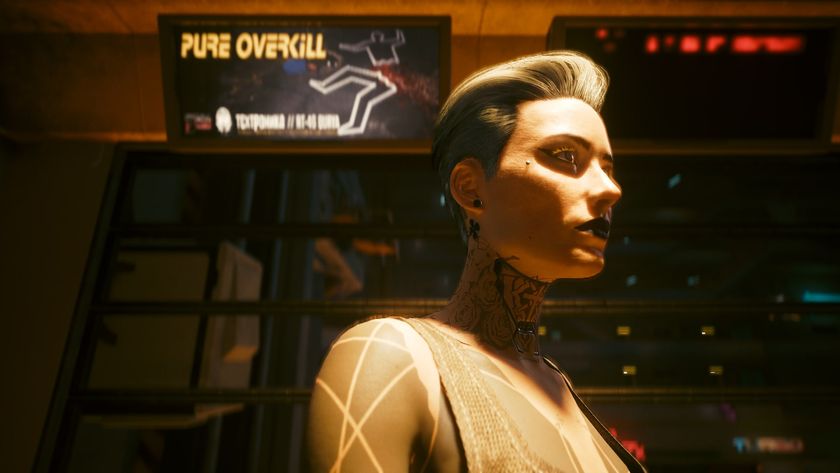

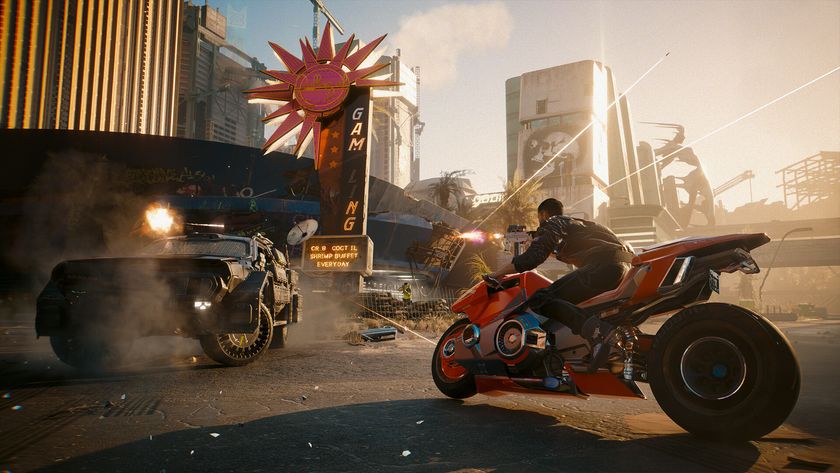
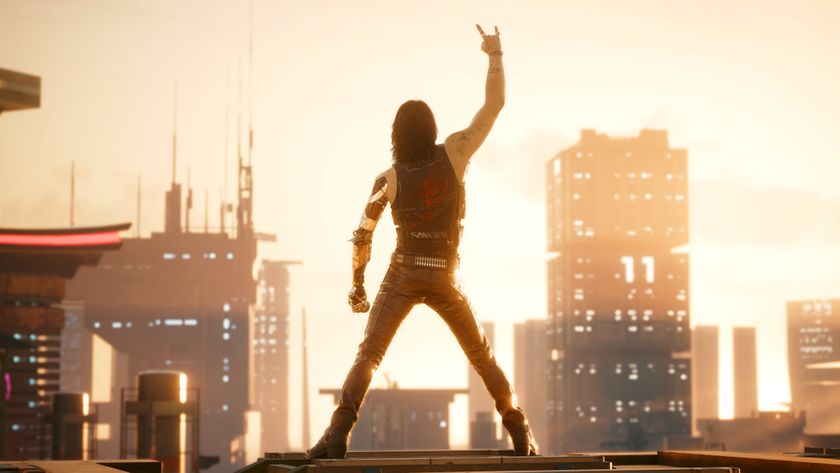

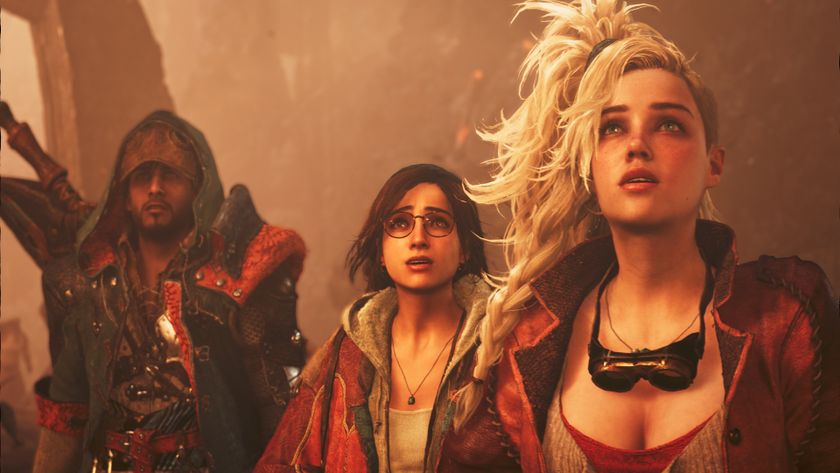
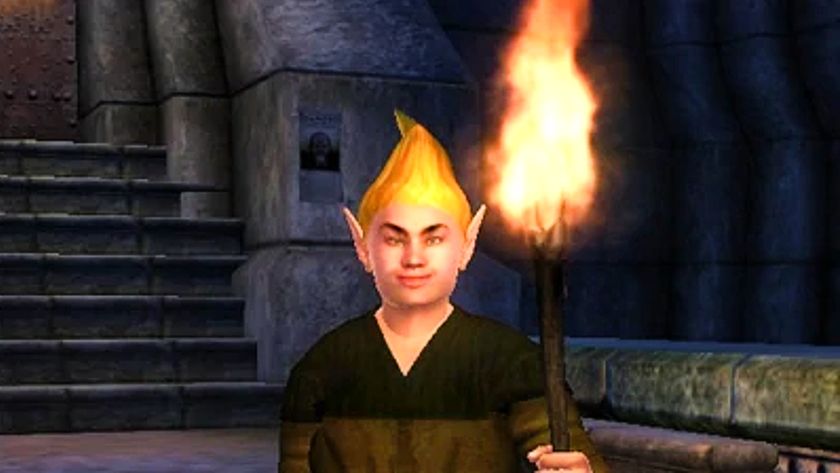


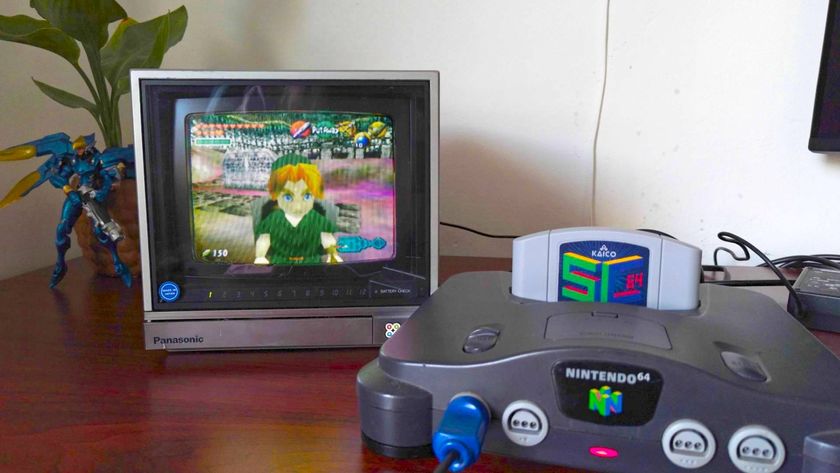

Cyberpunk 2 associate game director reveals his greatest development secret: 10 hour loops of music like "Epic Sax Guy" that "gives me insane focus and clarity"

Before he was Cyberpunk 2's associate director and was just "employee #86," CDPR dev says it took him 46 tries to beat an infamous boss in The Witcher 2: "I was losing my mind"



